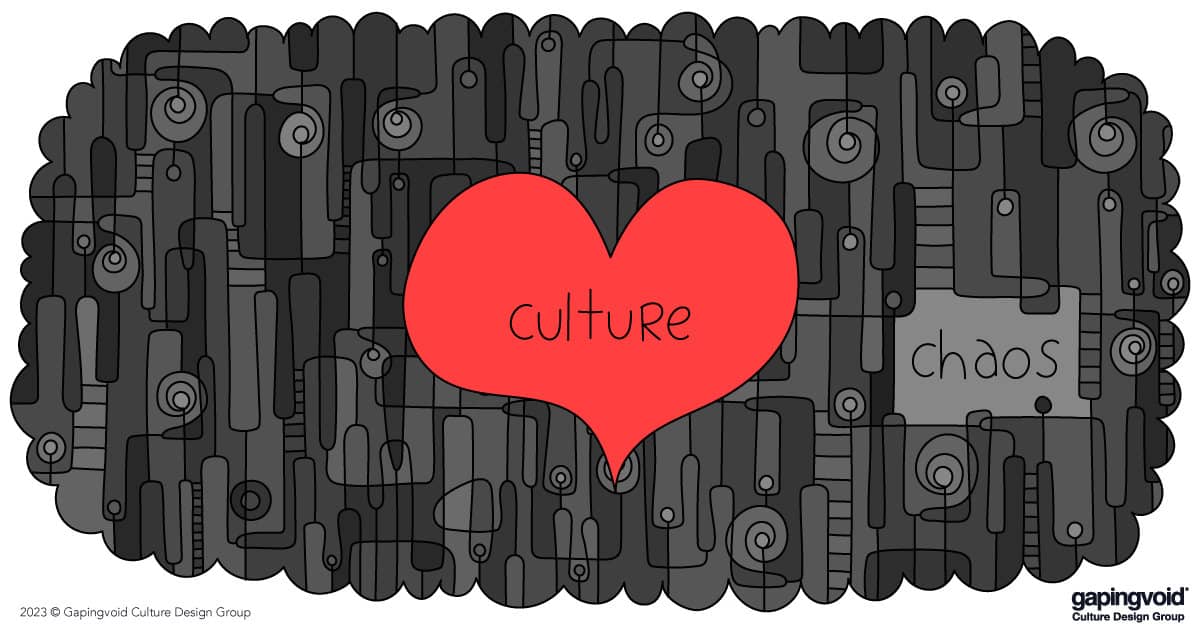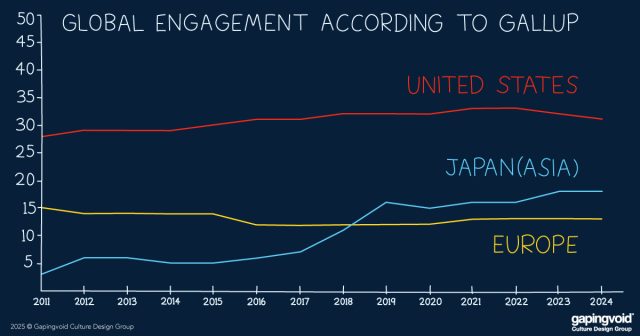
It’s Murphy’s Law that the one time of the year that you really don’t want your travel plans going wrong (e.g. the Holiday Season and New Year), is the one time of the year when things are most likely to go kaboom. This year didn’t fail to deliver.
As we all know, poor Southwest Airlines was hit especially hard this Holiday with a deadly cocktail of outdated tech, extreme weather, bad relationships between unions and management, and an alleged lack of leadership from the top. Which factor gets the most blame will depend on whatever biases one rates the highest.
While pilots and frontline workers have been citing numerous issues for a while, for the rest of us the gravity of the meltdown may have come as a surprise. After all, Southwest has been the poster child for a people-first and culture-first ethos for decades.
Southwest’s original logo was a winged love heart (a reference to its origins at Dallas Love Field), that has for decades pretty much summed up the company. Yes, they fly passengers around, they spend millions on airplanes, but at the heart of the business is, well, the heart.
As its founder, the late Herb Kelleher once said, “The essential difference in service is not machines or ‘things.’ The essential difference is minds, hearts, spirits, and souls…. I tell my employees that we’re in the service business, and it’s incidental that we fly airplanes.”
More than any single technical glitch, we see this crisis as a letdown of that heart. That’s what makes it so heart-breaking to Southwest fans and surely the millions of people who have worked there over the years, who believed in their very famous, people-first culture.
It’s a reminder that culture truly equals operations. The design of culture is not just a ‘nice to have’ or an HR function (as it’s often misunderstood), but the HumanOS® of the business. It can deliver incredible employee engagement and sustained operational excellence or do the opposite. And even if you have an incredible culture (like the one Herb Kelleher created) it requires constant care. In other words, use it or lose it; never stop tending your garden.



